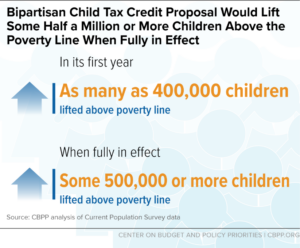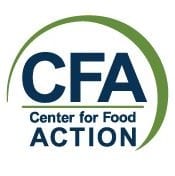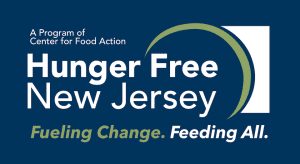Newark public schools ranked among the top five large districts in the nation for serving breakfast to the most students at the start of the school day, according to a national report released today.
Newark fed nearly 90 percent of its students breakfast on any given day during the school year, ranking 5th nationally among large school districts, According to Food Research & Action Center’s School Breakfast: Making it Work in Large School Districts, 2018-2019 School Year.
Nearly all of Newark schools serve breakfast during the regular school day, rather than before school when most students have not yet arrived. Known as “breakfast after the bell,” this method of service significantly boosts student participation.
“Newark was one the first New Jersey districts to adopt breakfast after the bell many years ago and has been a leader in nourishing their students for years,” said Adele LaTourette, director, Hunger Free New Jersey. “We commend the district for recognizing that nutrition and learning are inextricably linked. It’s simple. Hungry students struggle to succeed in school.”
“I am proud of what we have achieved with this distinction and am confident that we will continue to exemplify the tremendous value breakfast has for students every morning to help start their day ready and focused on learning,” said Newark Superintendent Roger Leon.
The report focusing on large school districts is a companion report to the FRAC’s annual School Breakfast Scorecard. This year, the scorecard shows New Jersey losing a little ground on breakfast participation, while still retaining its 20th place ranking nationally. However, more recent data show statewide participation on the upswing, thanks to a new law that requires high-poverty districts to serve breakfast after the bell.
Hunger Free New Jersey will be releasing a state-specific school breakfast report in early April, which will measure the legislation’s initial impact on participation,” LaTourette said.
Under the new law, schools with 70 percent or more students eligible for subsidized school meals had to switch to serving breakfast after the bell in September 2019. Hunger Free New Jersey’s report will examine both statewide trends and district-level data in the high-poverty schools subject to the mandate, she added.
“Our preliminary review of the data suggests that the law is having a positive impact, bringing breakfast to more students who need this nutrition at the start of the school day,” LaTourette said.
For years, New Jersey was nearly last in the nation for its low school breakfast participation. Since the 2011 launch of the New Jersey Food for Thought Campaign, a statewide effort to reduce childhood hunger in the Garden State, participation soared 65 percent, according to LaTourette, whose organization leads the campaign. In the fiscal year 2019, New Jersey schools claimed $110 million in federal funds to feed breakfast to students.
Despite this progress, roughly 300,000 eligible students were still missing out on this morning meal in October 2018. If New Jersey maximized participation, school districts could collect an additional $74 million in federal funds to feed hungry students, according to Hunger Free New Jersey’s Food for Thought: The State of School Breakfast in New Jersey, 2018-19 School Year.
Other states that have implemented requirements similar to New Jersey’s breakfast mandate have seen participation skyrocket, receiving millions more in federal dollars to fight childhood hunger and ranking as best in the nation.
“We are looking forward to the day when breakfast is readily available to all New Jersey students,” LaTourette said. “With a federal program that provides funding for school breakfast, there is no reason for any child to start their school day hungry.”
To view the report, visit frac.org. For more information about feeding New Jersey children, visit njfoodforthought.org.





